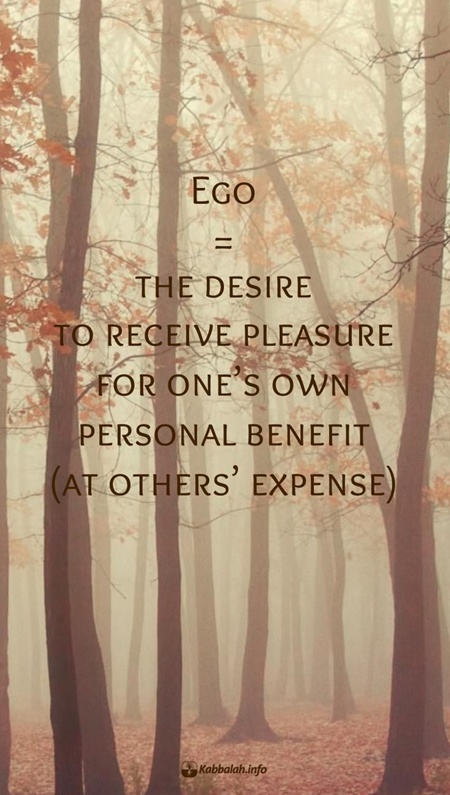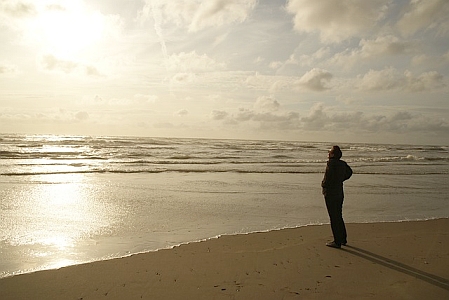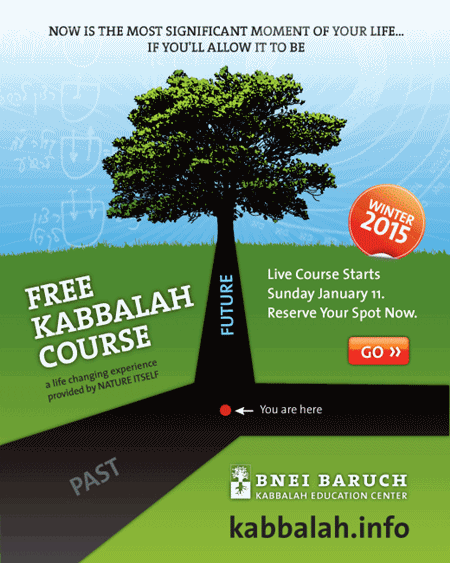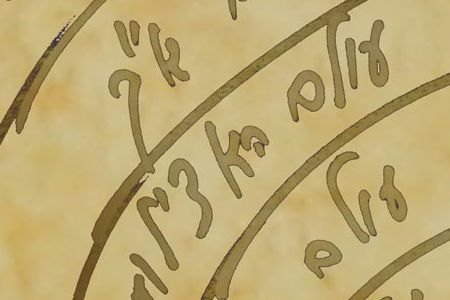Ego = the desire to receive pleasure for one’s own personal benefit (at others’ expense)
Kabbalah Is Not Religion, Mysticism, or Philosophy
Kabbalah Is a Practical Scientific Method
Today many people still associate Kabbalah with mysticism, or blind belief. The perception of reality is a topic that clearly distinguishes the wisdom of Kabbalah from philosophy, religion, and science. Kabbalah is a practical study method that leads a person stage by stage through one’s personal development. Like any other scientific method, Kabbalah instructs the researcher what to do, identifies which results can be expected, and explains the reasons for them. It does not offer descriptions of theoretical states whatsoever—states that one cannot perform de facto and in complete awareness.
Continue reading “Kabbalah Is Not Religion, Mysticism, or Philosophy”
Join 1,000s Tonight in the Live Interactive Kabbalah Introductory Lesson – Just Click the Image to Join In
Live Kabbalah introductory lesson tonight at 8:00 PM till 9:15 PM EST (NY Time).
VaEra (And I Appeared) Parsha – Weekly Torah Portion
Exodus, 6:2-9:35
This Week’s Torah Portion | January 11 – January 17, 2015 – Tevet 20 – Tevet 26, 5775
In A Nutshell
In the portion, VaEra (And I Appeared), the Creator appears before Moses and promises to deliver the children of Israel from Egypt to the land of Canaan. Moses turns to the children of Israel but they do not listen “out of impatience and out of hard work” (Exodus 6:9). The Creator instructs Moses to turn to Pharaoh and ask him to let the children of Israel go out of Egypt. Moses fears that he will not succeed in his mission and asks the Creator for a token. The Creator says to Moses that he will be as God to Pharaoh, while Aaron will be as the prophet who does the actual speaking, and the Creator will harden Pharaoh’s heart and shower plenty of signs and tokens over Egypt. The Creator gives to Moses and Aaron a staff, and when Moses casts the staff to the ground it becomes a snake. When Moses and Aaron come to Pharaoh, Moses is eighty years old and Aaron is eighty-three. There are many magicians and soothsayers around Pharaoh. When Moses and Aaron arrive, they throw down the staff and it becomes a snake. Pharaoh’s magicians do the same and their staffs turn to snakes, as well, but Moses’ and Aaron’s snake swallows the magicians’ snakes. Despite that display, Pharaoh remains defiant. This is when the ten plagues of Egypt begin. This portion mentions seven of the plagues: blood, frogs, lice, flies, pestilence, boils, and hail. After each plague Pharaoh goes back on his word and refuses to let the children of Israel go. 
Commentary by Dr. Michael Laitman
While this depiction is graphic and picturesque, it actually conveys the interior of the Torah, the true law that instructs us how to get out of the Egypt within us. The Torah does not tell us to leave one physical place in favor of another, but rather how we can free ourselves of our egos. The portion deals with a person who is working hard and discovers that he or she is in Egypt. It also deals with that person’s desire that does not agree with being in Egypt, the ego, the essence of evil. Therefore, that person escapes from there while arguing with one’s ego. Such a person cannot tolerate the ego, fearing it might bury or kill him. Therefore, that person rises above it and begins to part from it. There are two forces in us. The first is the ego, which is Pharaoh and all of Egypt. The other is a “protruding” point called “the point in the heart.” All our desires that are in Egypt and are fed by it while there is a “famine in the land of Canaan” (Genesis, 42:6) create an internal struggle in us. This is the war from which we seek to escape, to rise above the ego with all our desires. In fact, only Moses, the point in the heart, escapes and rises above the ego, fleeing from Egypt to Jethro and to all that there is in Midian. After forty years, during which we grow stronger in Midian working on enhancing the force of Moses, the Creator appears to us in the burning bush. Through our inner voice we hear and comprehend that we must return, fight against our ego, and get out of it, or we will not be able to attain spirituality. Continue reading “VaEra (And I Appeared) Parsha – Weekly Torah Portion”
To Perceive Reality in a Way Where Everyone Is a Part of You
The Evolution of How We Perceive Reality
The Wisdom of Kabbalah gradually leads us to a radically new way of perceiving reality.
To better understand the news that Kabbalah introduces in regard to the perception of reality, let us briefly review how science has approached this topic over the years.
The classical approach, represented by Newton, said that the world exists independently, regardless of man, and that the shape of the world is fixed. Then came Einstein, who discovered that our perception is relative and depends on our senses. In consequence, we cannot say precisely what comprises the world outside of us, as it all depends on the observer’s perception of reality.
The contemporary approach to our perception of reality is based on quantum physics, and holds that the observer affects the world, and thus affects the picture one perceives. The picture of reality is a kind of “average” between the qualities of the observer and the qualities of the object or phenomenon being observed.
Continue reading “To Perceive Reality in a Way Where Everyone Is a Part of You”




